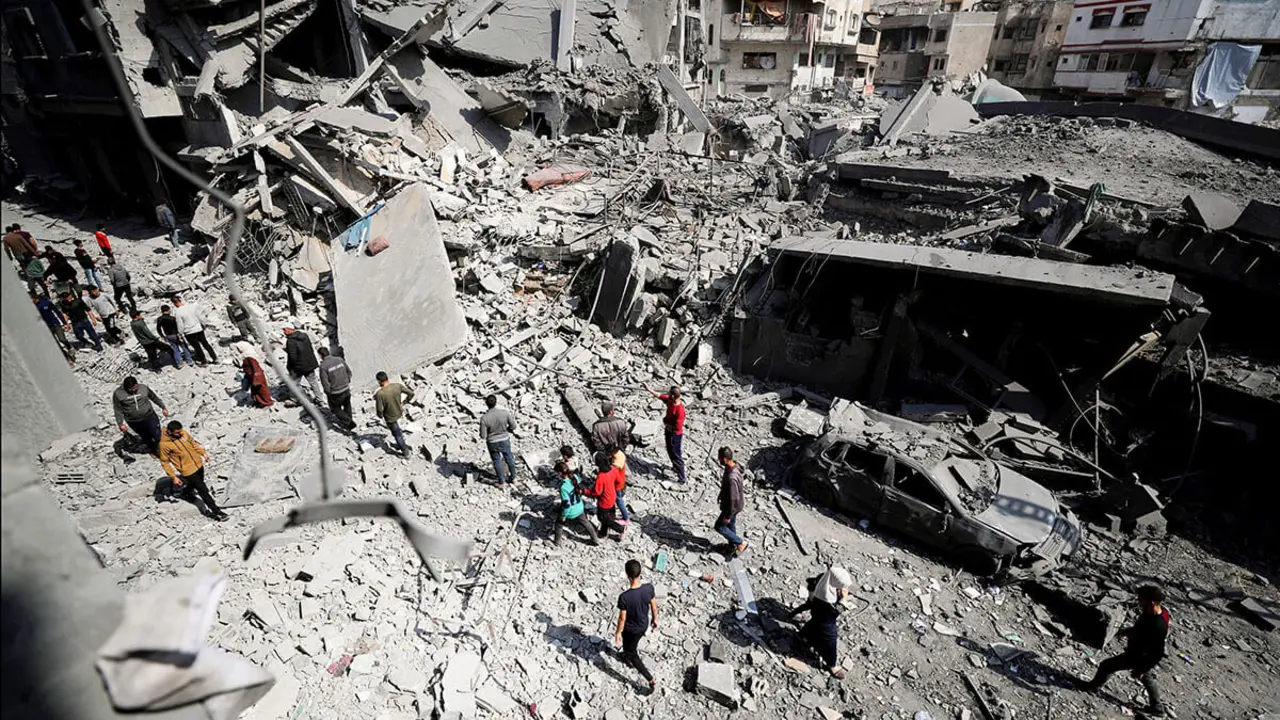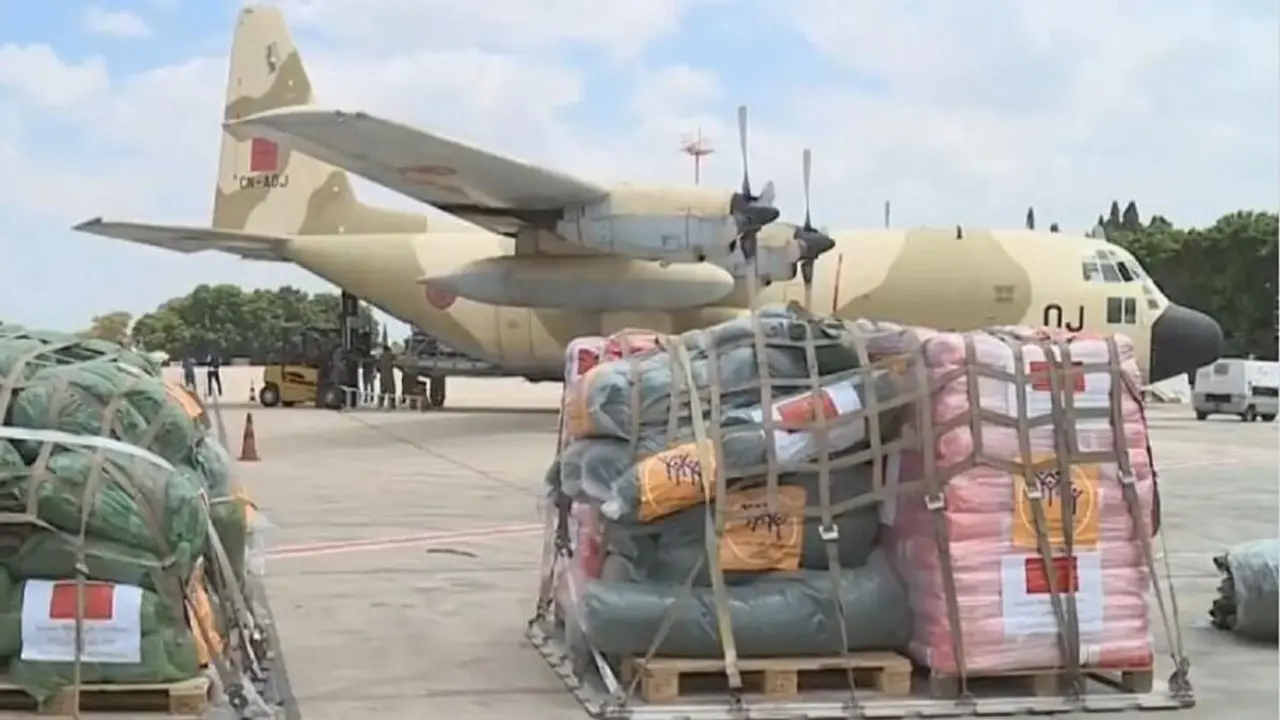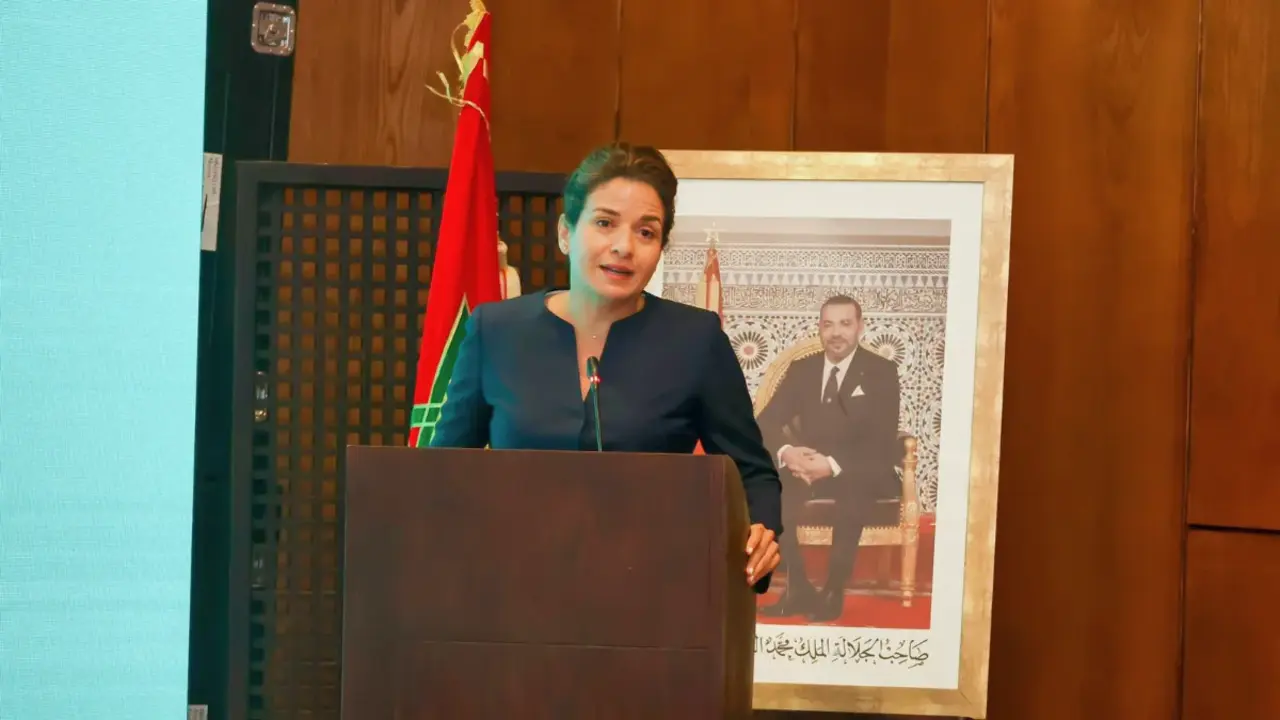UNESCO warns of violence against journalists in 2024 super-election year

Journalists face risks during elections. According to data from the United Nations Educational, Scientific and Cultural Organisation (UNESCO), between 2019 and 2022, there were 759 attacks on journalists during 89 elections in 70 countries.
In 2024, 81 countries globally will hold elections, which is why the organisation called for "a real effort" to protect these professionals.
Violence increases during elections
The head of the agency's Freedom of Expression and Safety of Journalists section, Guilherme Canela, spoke to UN News about the main concerns for 2024, considered a "super-election year".
"UNESCO is saying: look, we are documenting that there is a tendency for violence against journalists to increase during electoral processes. So, knowing this in advance, with very concrete evidence, let's make a real effort so that next year the coverage of electoral processes can happen in a peaceful way and that journalists can do it in a professional and independent way in this super election year of 2024," he said.
The aggressions recorded by the agency involve physical and digital attacks, assassinations, arbitrary detentions and the obstruction of journalists' work, either through threats or the destruction of equipment.
The report "The Role of Law Enforcement Officials: Ensuring the Safety of Journalists during Public Demonstrations and Elections", presented by the agency, also points to misinformation as a risk factor for electoral processes.
In particular, several of these elections will take place in Latin America, including Mexico, Brazil (local elections), El Salvador, Uruguay and Peru, among others, Canela said.
New technologies and the rise of disinformation
In relation to disinformation, the head declared that "this issue worries us enormously, among other things because advances in generative artificial intelligence, which have enormously positive aspects for various areas of our lives, also allow disinformation to accelerate in different fields, including during electoral processes. And what is new here is what we call the four Vs: speed, volume, virality and verisimilitude".
According to Canela, this is an additional reason to protect journalists, because "one of the ways to combat this disinformation is with quality professional journalistic work".
He also noted that a central message of the report is the need for political, religious and celebrity leaders to stop propagating generalising narratives against journalism or journalists, as evidence shows that they encourage violence against media professionals.

Intimidation of women
Another point of concern for the agency is the increase in online intimidation and violence against women journalists in all parts of the world. Citing another study of her own, Canela mentioned the link between violence and misogyny.
"The women journalists we interviewed told us that they are particularly attacked when they are covering topics that, according to the misogynist view of those who attack them, are areas that women should not talk about. And one of those areas is precisely politics".
"A significant number of these women report harsh mental health consequences as a function of this online violence," he added.

Israel-Palestine
On the dangers faced by journalists in conflict situations, Canela recalled that the first week of the crisis in Israel and Gaza saw the highest number of deaths of journalists working in these situations in years.
He also pointed out that the protection of telecommunications infrastructures is essential "to ensure the flow of life-saving information".
"In the specific case of UNESCO, in relation to this and other conflicts, we have been pointing out for a long time that what is known as shutting down the internet is not something that is supported by international human rights law," Canela added.
He stressed that journalists play a crucial role in documenting what happens in a conflict situation.








